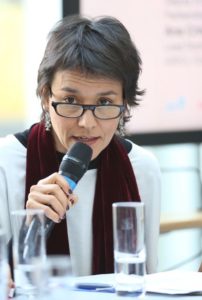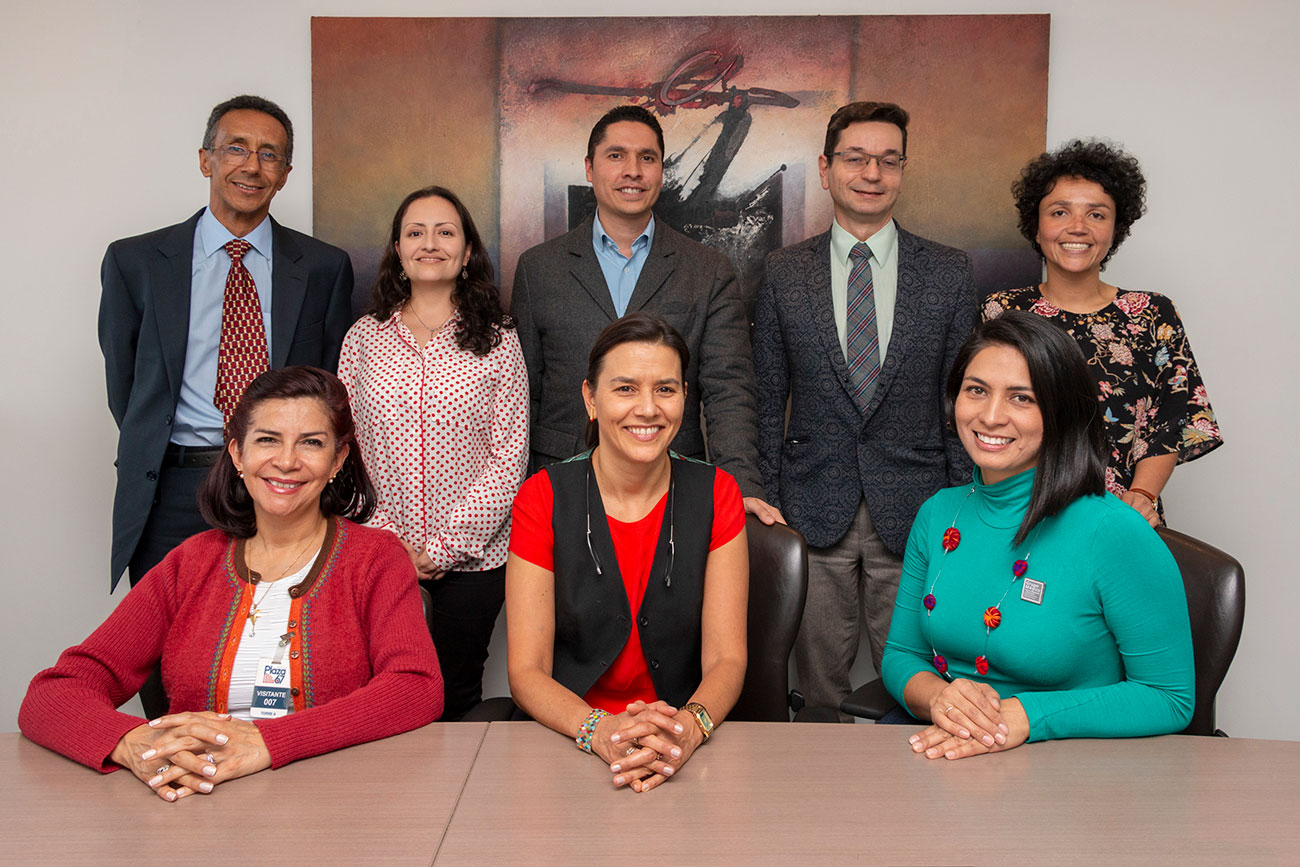Colombia (Grupo Médico por el Derecho a Decidir)
Colombia: Reproductive Health and Abortion
- Legality:
- Since 2006, abortion has been legal under three circumstances (Constitutional Court. Sentence C-355): in cases of rape or incest, when the woman’s life or physical or mental health is at risk, or when the pregnancy has a fatal fetal abnormality.
- Contraception:
- 80% of women in union practiced contraception, 73% used a modern method, and 6% used a less effective traditional method (2010). Yet in 2008, 67% of all pregnancies in were unintended, an increase from 52% in 1989.
- Complications:
- While the manual vacuum aspiration (MVA) is recommended by the WHO for first trimester abortions and costs ~USD 45, 80% of abortions are performed via dilation and curettage (D&C), which is more invasive, time consuming, and costly at ~USD 200.
- 50% of all abortions are performed via misoprostol, which is widely available and safe when used correctly.
- Yet in Colombia, due to a lack of information on its use, it has a high rate of complications (32%) primarily heavy bleeding and incomplete abortion.
- Poor women have less access to regulated abortion services and thus resort to misopristol from the black market, pharmacies, and doctors, and/or other methods to induce an abortion.
- 33% of all women and 53% of poor rural women who have a clandestine abortion experience complications that require medical attention
- 1 in 5 women who develop complications do not receive the treatment they need
- Nearly 2/3 of health facilities that could provide post-abortion care do not, suggesting that there is a need to expand the number of facilities offering such care, particularly in rural areas.
- Sources:
- Prada E et al., Unintended Pregnancy and Induced Abortion in Colombia: Causes and Consequences, New York: Guttmacher Institute, 2011.
- https://www.guttmacher.org/fact-sheet/unintended-pregnancy-and-induced-abortion-colombia
GDC/Colombia: Recent Accomplishments
- Increased knowledge and capacity for advocacy:
- Collaborated with Colombia’s nurses’ association to develop survey to assess nurses’ knowledge and perception on abortion regulations (report to be produced).
- Engaged with media in efforts to prevent and sanction obstetric violence.
- Trained doctors in reproductive health advocacy to increase number of doctors able and willing to represent the mission.
- Provided medical evidence to political discourse via an article published by the Health and Human Rights Journal No. 19.1: Legal Knowledge as a Tool for Social Change: La Mesa por La Vida y la Salud de las Mujeres as an expert on Colombian Abortion Law.
- Presented twice regarding Zika at the CLACAI meetings:
- Focused on Zika and government responsibility: “The right to health and the Zika. Obligations of health systems: comprehensive access to sexual and reproductive health.”
- Highlighted the two main issues of state responsibility and lessons learnt: “Updating the evidence and strengthening the responses to the Zika virus epidemic, through the incorporation of comprehensive sexual and reproductive health care.”
- Shared reproductive health expertise at the National Abortion Federation Conference in Canada and the Latin American and Caribbean Feminist Meeting (Encuentro Feminista Latinamericano y del Caribe) in Uruguay.
- Began developing a workshop to train media experts and journalists to help more accurately and appropriately report on abortion in the media.
- Trained doctors in reproductive health advocacy to
- increase the number of doctors with the skills and confidence to advocacy for more comprehensive reproductive health policies,
- represent GDC/Colombia in the media and advocacy initiatives, and
- influence fellow medical providers, their patients, and the general public.
- Mitigated conscientious objection (CO) to abortion:
- Addressed CO by administering CO test in meetings with the Bogota OB/GYNs Society and the Police’s Hospital OB/GYN team.
- Presented on CO and ethics during FIGO.
- Researched the prevalence of CO among OB/GYN providers, and distributed evidence to advocate for policies to limit CO and increase access to safe and legal healthcare.
- Presented CO research results to the Colombia National Congress on Public Health, to advocate for abortion access and influence policy with national health leaders.
- Completed data analysis, finalized a report, and will distribute findings via publications. The Spanish journal Revista Bioética y Derecho accepted one article for publication (Conscientious Objection, Bioethics, and Human Rights: A perspective from Colombia) and another article is being drafted (tentative title: Knowledge and opinions of abortion regulation among Colombian gynecologists 10 years after the C-355/2010 decision).
- Engaged in political advocacy:
- Served as the go-to expert for reproductive health advocacy in Colombia.
- Submitted to the Constitutional Court a statement* highlighting the medical reasons to uphold the current law and constitutional right to abortion, and also distributed it among doctors to garner their support.* (*This statement is in Spanish.)
- Contributed to Constitutional Court decision to reiterate no gestational age limit for abortion (2018).
- Supported executive branch decision to reduce contraceptives costs by up to 50%.
- Participated in “Causa Justa” to decriminalize abortion.
- Helped create MoH guidelines for 2nd and 3rd trimester abortion provision.
- Campaigned to liberalize the abortion law in Argentina:
- Contributed medical expertise to share the impact of the Global Gag Rule.
- Shared medical expert testimony and guidelines from the General Attorney Office to condemn the illegal prosecution of a woman who had an abortion.
GDC/Colombia: Leadership
Dr. Ana Cristina González Vélez is the founder of and lead doctor for GDC/Colombia; she also sits on GDC’s Board of Managers.
Oriéntame serves as GDC/Colombia’s fiscal sponsor.
GDC/Colombia: Lead Doctor Profiles
 Ana Cristina González Vélez, MD, MS, PhD Candidate
Ana Cristina González Vélez, MD, MS, PhD Candidate
GDC/Colombia Lead Doctor and Former GDC Board Member
An expert in sexual and reproductive health and rights, health care reform, and advocacy, Dr. González Vélez has worked as a consultant and conducted research with the support of the WHO, the Pan American Health Organization, the Rockefeller Foundation, the Center for Reproductive Rights, the United Nations Population Fund, the International Planned Parenthood Federation, and the Ford Foundation, among others. She served on various national boards, including the National Institutes of Health, Colciencias, and INVIMA, as well as international boards, such as the Association for Women’s Rights, Advisory Panel for the Americas, and Senior Technical Advisory Group of the World Health Organization (WHO). She has been actively involved in the women’s movement at both the local and international levels, has been a featured expert at the United Nations conferences, and her work has been published in international journals and books on sexual and reproductive health. Dr. González Vélez worked as a physician and an advisor at PROFAMILIA in Bogotá and as the national director of Public Health in Colombia.




